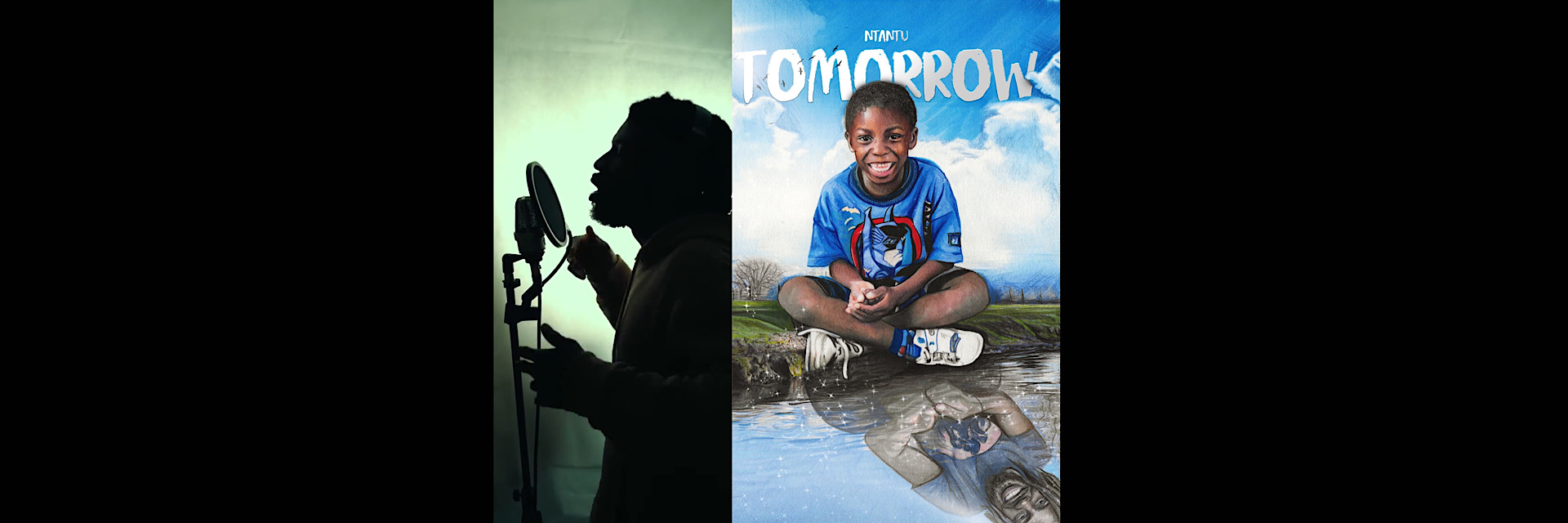Blade Runner 2049 is a slow film. Not in the elegantly paced and palpably tense way where the movie drags you in and dares you to see what happens next. No, this film is slow in the way that it makes it’s two and a half hours feel as if you’ve been sitting in the theater for six. A sequel to the originally maligned 1982 Blade Runner, Blade Runner 2049 is a sequel that takes only the smallest elements from it’s predecessor and instead builds it’s own world spattered with some occasional references. Gone is the moral ambiguity, the dark richness of the neon lit city-scape, the somber and seductive soundtrack, and the neo-noir stylings of the story. Instead we’re given a flat, dull look at the kind of techno-garbage future we’ve seen far too many times through the eyes of characters that are just as lifeless as their surroundings.
Leading the film is K, played by Ryan Gosling in a way that seems as if he’s been told to act without acting. In fact all the actor’s in this movie are stilted and robotic in their delivery and movement. The only one who seems to be given any license to emote at all is Ana de Armas’ Joi, who ironically enough is an Artificial Intelligence that projects a hologram. The script does this no favors as by the end of the first half hour it’s devolved into nothing but open ended questions and philosophical sounding nothings that the characters mumble to each other in an attempt to sound futuristic. The worst offender here is Jared Leto, who’s character seems to exist for no other purpose than to deliver blocks of poorly constructed and confusing exposition which is supposed to further the plot, but effectively does nothing but muddle the motivations of everyone else in the movie.
In terms of looks, the film is dead. The effects are well done and visually impressive, but the character and technology design is nothing but a poor imitation of the those in Blade Runner and the flat concrete set design would be more ate home in a Judge Dredd movie than it would be here.Worse still the film banks on these effects shots with it’s editing, which drags the camera around in ridiculously lengthy shots following characters slowly walking through monochromatic vistas which are supposed to wow the audience, but do little more than test their patience. The film is nothing special in terms of shot construction either, as it looks basically like every other big studio movie to come out this year. Lastly in terms of the technical problems is the soundtrack, which is either a poor imitation of Vangelis’ synth chords over warbling bass that muddles the soundscape of the film drowning out the dialogue, or is silent. I’m not sure which state is worse.
The plot might be this films biggest sin. It’s relatively straightforward and not uninteresting in and of itself, the problem lies in it’s drive. It doesn’t have any drive. The characters constantly espouse it’s importance but they never stress why it is. There’s no consequences to anything, no high stakes, no lives at risk except the people who we’re already marked for death at the beginning of the film. Blade Runner 2049 just sees fit to throw new characters and locations at the screen hoping to keep you interested in a story that’s difficult to follow at the best of times. One of the few positives of this is that despite it’s rather scatterbrained attempt at storytelling, the film remains mostly cohesive tonally and structurally throughout. Unfortunately that’s not enough to praise Blade Runner 2049 on, and in the end, the film is just no style and no substance.
★





